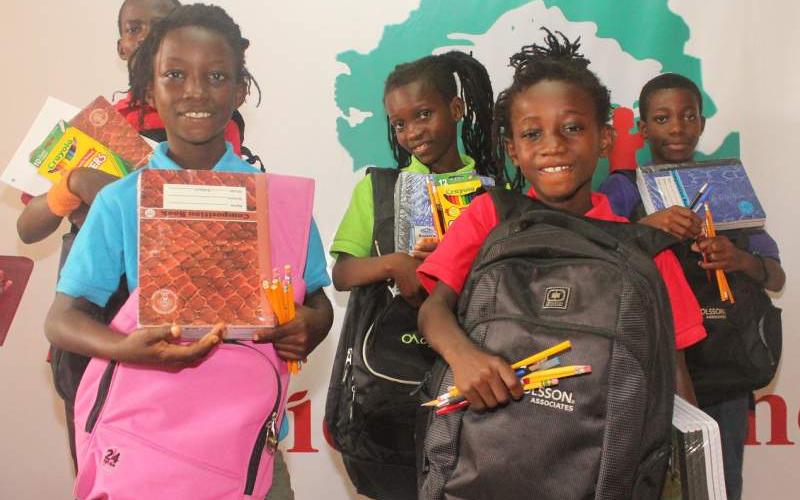
A saying goes:
‘Education is the most powerful weapon which you can use to change the world’.[1]
Education is crucial to ending poverty because it is essential to sustainable development, as it enables people to create solutions for themselves and find paths to a better future.
In developed nations such as the USA, UK, Canada, France, Germany, and Japan, to name a few, most people have received some kind of tertiary and higher education. In fact, according to a 2014 report by the Organization for Co-operation and Development (OECD), these nations, with the inclusion of Russia and Israel, are the most educated nations in the world.[2] Interestingly, many of these countries were also ranked as most sustainable in the world; according to a 2013 scorecard, conducted by Corporate Knights.[3] This reinforces the notion that education is indeed linked to sustainability and the alleviation of poverty.
The right to education is a fundamental human right yet it seems that it is a privilege reserved mainly for citizens of the western world. According to data released by the United Nations Educational, Scientific and Cultural Organization’s (UNESCO) Institute for Statistics, Asia and sub-Saharan Africa have the highest rates of youth illiteracy.[4]
But what causes the lack of education in these parts of the world? Poverty! Many developing countries suffer from a lack of resources, infrastructure, inequalities in income distribution, vast amounts of conflict and cultural unrest as well as severe hunger. In fact, according to the World Bank, 415 million people in sub-Saharan Africa are extremely poor; this means, 415 million people live below the threshold of $1.25 a day.[5]
These statistics are shocking, but all hope is not lost. Poverty can be significantly alleviated through the power of education. Organizations like UNESCO, The United Nations Development Program and the United States Agency for International Development to name but a few, have done much to research on the correlation between access to education and the mitigation of poverty.
There is much too, that you and I can do to play our part in bridging the gap and equipping the less fortunate with the knowledge, skills and confidence they need to help themselves out of poverty. Educational Scholarships, is just one example of the many ways the general public can help.
Finally, another saying goes:
‘Give a man a fish and you feed him for just a day, teach a man to fish and you feed him for a lifetime’.[6]
[1] Nelson Mandela
[2] Education at a glance report, OECD 2014, retrieved from http://www.usatoday.com/story/money/business/2014/09/13/24-7-wall-st-most-educated-countries/15460733/
[3] Taken from ’15 Most Sustainable Countries’, retrieved from www.miraldinc.com
[4] International Literacy data, 2014, UNESCO, retrieved from www.uis.unesco.org/literacy/Pages/literacy-data-release-2014.aspx
[5] Poverty Overview, 2011, updated April 2015, World Bank, retrieved from www.worldbank.org
[6] By the 18th century Jewish Philosopher, Moshe ben Maimon, also known as Maimonides

